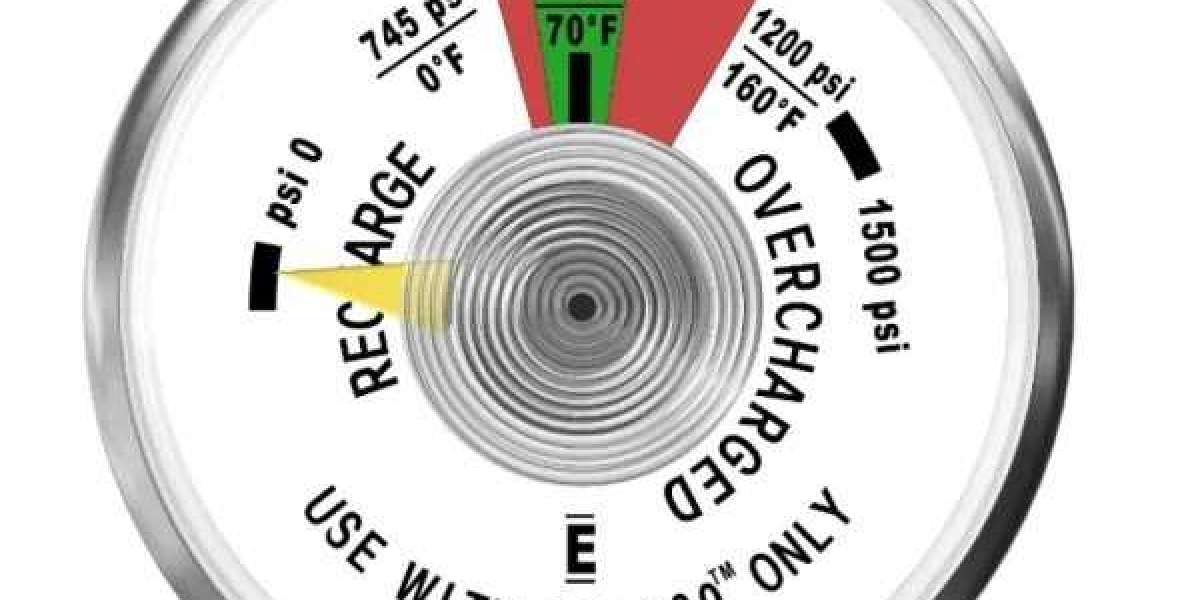Corporate taxation in Bangladesh is governed by the Income Tax Ordinance, 1984, and is administered by the National Board of Revenue (NBR). This tax system applies to companies operating within the country and is an important aspect of business regulation. The Legal Expert is here to help you for solving complication about taxation.
Key Aspects of Corporate Taxation
1. Corporate Income Tax Rates
Corporate tax rates in Bangladesh vary based on the type of company and its industry. As of the most recent tax year, the rates are generally as follows:
- Publicly Traded Companies: 20%
- Companies listed on the stock exchange.
- Non-Publicly Traded Companies: 27.5%
- Private companies not listed on the stock exchange.
- Banks, Insurance Companies, and Financial Institutions:
- Publicly Traded: 37.5%
- Non-Publicly Traded: 40%
- Mobile Phone Operators:
- Publicly Traded: 35%
- Non-Publicly Traded: 45%
- Other Specified Industries:
- Cigarette, bidi, and tobacco manufacturing companies have higher rates, typically around 45%.
2. Taxable Income
Taxable income for corporations in Bangladesh is calculated by deducting allowable expenses from the gross income. Common sources of taxable income include:
- Business Profits: Income from the sale of goods or services.
- Interest and Dividends: Income from investments.
- Capital Gains: Profits from the sale of assets like property or shares.
- Other Income: Any other income earned by the company.
3. Deductions and Allowances
Companies can reduce their taxable income by claiming various deductions and allowances, including:
- Business Expenses: Ordinary and necessary expenses incurred in running the business.
- Depreciation: Deduction for the depreciation of capital assets.
- Employee Remuneration: Salaries, wages, and benefits paid to employees.
- Charitable Contributions: Donations to approved charitable organizations.
- Loss Carry Forward: Companies can carry forward business losses for up to six years to offset future taxable income.
4. Minimum Tax
Bangladesh has a minimum tax regime where companies are required to pay a minimum tax even if they report a loss. This tax is generally calculated as a percentage of gross receipts or turnover and varies depending on the type of company.
- Minimum Tax Rate: Typically 0.6% of gross turnover for companies.
5. Tax Incentives and Exemptions
To encourage investment in certain sectors or regions, the government offers various tax incentives, including:
- Tax Holidays: Exemptions from income tax for a certain period, often granted to new industries or companies investing in less developed regions.
- Reduced Rates for Export-Oriented Industries: Lower tax rates or exemptions for companies primarily engaged in exports.
- Special Economic Zones (SEZs): Companies operating in SEZs may enjoy tax exemptions or reduced rates.
- R&D Tax Credits: Deductions or credits for expenses related to research and development activities.
6. Withholding Taxes
Certain payments made by companies are subject to withholding tax, where the company must withhold a portion of the payment and remit it to the tax authorities. Common examples include:
- Dividends: Typically subject to a withholding tax of 20% (may be reduced for publicly traded companies).
- Interest: Withholding tax on interest payments is generally 10%.
- Royalties: Typically subject to a withholding tax of 10%.
- Payments to Non-Residents: Payments to non-resident companies or individuals may be subject to withholding taxes at rates specified in tax treaties.
7. Value Added Tax (VAT)
In addition to corporate income tax, companies in Bangladesh are required to pay VAT on the sale of goods and services. The standard VAT rate is 15%, but there are reduced rates and exemptions for specific sectors and products.
- VAT Registration: Mandatory for businesses with an annual turnover above a certain threshold.
- Input Tax Credit: Companies can claim a credit for VAT paid on inputs against the VAT charged on outputs.
8. Filing and Compliance
- Tax Year: The tax year in Bangladesh runs from July 1st to June 30th.
- Tax Return Filing: Companies are required to file annual tax returns by September 15th following the end of the tax year.
- Advance Tax Payments: Companies are required to make advance tax payments in quarterly installments.
- Audit and Assessment: The NBR may audit the tax returns and assess additional tax if discrepancies are found.
9. Penalties and Interest
Failure to comply with tax laws can result in penalties and interest charges, including:
- Late Filing Penalties: Fines for filing tax returns after the due date.
- Underpayment Penalties: Additional charges for underpayment of tax.
- Interest on Unpaid Taxes: Interest accrues on any unpaid taxes from the due date until payment is made.
10. Double Taxation and Tax Treaties
Bangladesh has entered into Double Taxation Avoidance Agreements (DTAAs) with several countries to prevent double taxation of income earned in multiple jurisdictions. These treaties typically provide relief through tax credits, exemptions, or reduced withholding tax rates.
Conclusion
Corporate taxation in Bangladesh is a comprehensive system that requires careful attention to ensure compliance. Companies must stay updated with tax laws, take advantage of available incentives, and manage their tax liabilities effectively. Consulting with tax professionals or legal advisors is often necessary to navigate the complexities of corporate taxation in Bangladesh.







